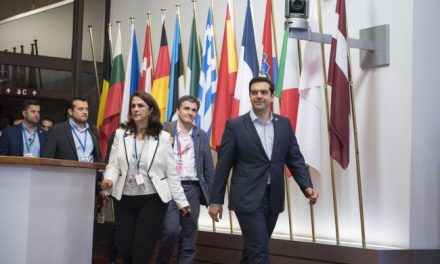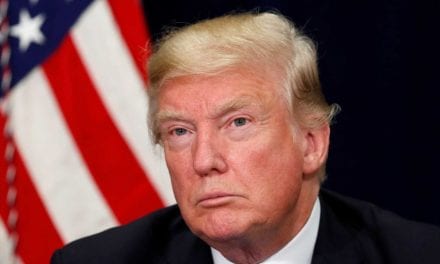By Tsvetana Paraskova, oilprice.com
As if heightened tensions in Syria and Yemen and increased divisions in the U.S-Iran and Iran-Israel relations were not enough, a surprise—albeit still preliminary—election result in OPEC’s second-largest producer Iraq could add further tensions to the Saudi-Iran rivalry and could turn Iraq in the next battle for influence in the Middle East, Helima Croft, global head of commodity strategy at RBC Capital Markets, told CNBC on Tuesday.
Over the weekend, Iraqis voted in the first general election since the country declared victory over Islamic State last year. While incumbent Prime Minister Haider al-Abadi was considered the most likely winner, the alliance of populist Shiite cleric Moqtada al-Sadr, who has very difficult relationships with the United States, is the likely winner in a surprise twist, according to preliminary results based on more than 91 percent of the votes cast in 16 of Iraq’s 18 provinces.
According to preliminary results, second in the vote came Iranian-backed militia leader Hadi al-Amiri, while the current PM al-Abadi’s coalition was only third.
Yet, results suggest that there will be hung Parliament and the new government will likely be a coalition government. Although al-Sadr won’t be prime minister because he himself didn’t run in the election, he will have the power to name the next leader—and this could seriously influence Iraq’s politics and policies.
Related: U.S. Shale Oil Production Rises At Record-Breaking Rate
The coalition government will likely take months to be negotiated and formed, and this could also impact Iraq’s new oil contracts and have international oil companies hanging to see what the investment and contract climate will be like.
Iraq is OPEC’s second-biggest producer and pumped 4.429 million bpd in April, according to OPEC’s secondary sources.
It’s unlikely that Iraq will come up with a new oil policy at the OPEC meeting in June because the government will probably take months to form, according to RBC’s Croft.
But more importantly, “Al-Sadr is an interesting character because he has very, very difficult relations with the U.S. but increasingly difficult relationships with the Iranians as well,” Croft said.
“And the Iranian government has said they don’t want him to form a coalition and he’s recently had a rapprochement with Saudi Arabia,” she told CNBC.
“So I think it’s going to be very important to watch what happens in Iraq. I think it’s potentially a key proxy battle now over the future of the Middle East,” she added.



















